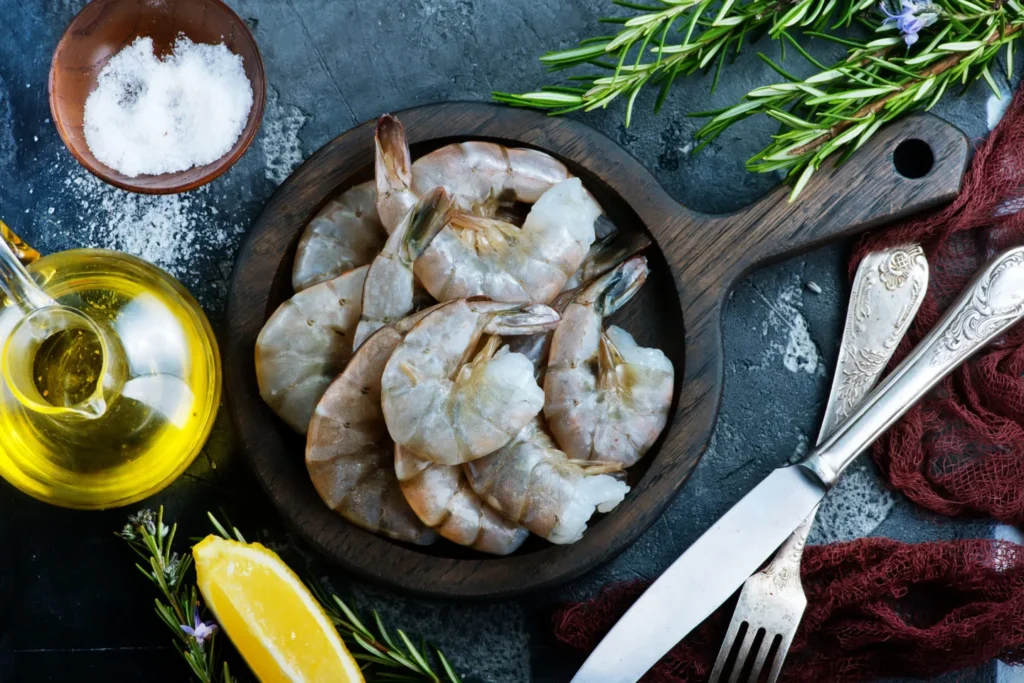By definition, sustainable seafood is caught in a way that does not endanger ecosystems of fish stocks ensuring that future needs will be met.
Assumably, all of the issues the seafood industry is facing at the moment are far from claiming that the current seafood practices are sustainable and regulated.
Therefore, to control and ensure the sustainable continuation of seafood production, the organizations have implemented a set of norms for both wild-caught and aquaculture producers.
Hence, here is an exhaustive list of the organizations and standard bodies currently working on helping companies ensure sustainable seafood products and practices.
Disclaimer: The following list includes both the certification organizations and organizations setting up standards as guides for companies working on improving their sustainability practices.
1. Sustainable Shrimp Partnership (SSP)
Sustainable Shrimp Partnership is an organization working on regulating and ensuring sustainable aquaculture shrimp practices.
SSP has been formed by a group of companies working towards making aquaculture a successful practice for the world and ensuring sustainable seafood certification.
Their main objectives are to
Produce healthy, nutritively rich, and pure products that are aligned with sustainable production practices
Work on improving environmental and social performance through collaboration with each other
Increase awareness of the preferred environmental and social practices that will thus help SSP members to set an example for others to follow
Finally, their main goal is to create differentiation and offer an improved choice for consumers in global seafood markets.
SSP focuses on shaping a future of quality assurance for the shrimp industry by producing the highest quality shrimp, ensuring the sector is clean, sustainable, and conforms to environmental and social standards.
2. Marine Stewardship Council (MSC)
The Marine Stewardship Council is an international, non-profit organization.
The MSC’s main goal is to certify organizations that put ocean protection and safeguarding seafood supplies as their top priority.
Moreover, the organization is working with scientists, fisheries, industry experts, and other nonprofits, to improve the way our ocean is fished through the MSC Fisheries Standard and Chain of Custody Standard.
The MSC’s theory of change consists of 6 key players:
Fisheries – all the fisheries that meet the MSC Standard get the sustainable seafood certification
Retailers and restaurants – choose MSC-certified sustainable seafood
A traceable supply chain – through traceability, consumers can be sure that the only seafood sold from an MSC-certified fishery is the one with the blue MSC label
Consumers – decide to buy seafood with the MSC label on it
Market demand – as the awareness of sustainability grows, the demand for the MSC certified seafood increases
Fisheries – closing the circle, we are back at fisheries that choose to improve their practices and choose to be assessed to the MSC Standard
3. Aquaculture Stewardship Council (ASC)
The Aquaculture Stewardship Council (ASC) is one of the globally most recognized certified sustainable seafood schemes for farmed seafood or aquaculture.
According to ASC, the aquacultured seafood products that have been granted the ASC label have been assessed and certified as being environmentally and socially responsible.
Some of the key elements that go into consideration before issuing the sustainable seafood certification include
Water quality
Responsible for sourcing feed
Disease prevention
Animal welfare
Fair treatment and pay of workers
Maintenance of positive relationships with neighbouring communities
ASC’s vision is to create a world where aquaculture is the key player in supplying food while minimizing the negative impacts on the environment.
Finally, their mission is oriented towards aquaculture transformation and creating environmental sustainability and social responsibility using mechanisms that ensure value across the supply chain.
4. Global Dialogue on Seafood Traceability (GDST)
Global Dialogue on Seafood Traceability or GDST is an international, B2B platform founded to create the first-ever industry standards for seafood traceability globally.
The GDST standards (which PSQR is proud to be an adopter and endorser of), are global and voluntary standards designed as an extension of the GS1 EPCIS Standards (more on this later on).
The standards have three main goals:
Enabling interoperability among the seafood traceability systems so anyone can seamlessly and effortlessly participate in digital traceability across the supply chain
Harmoniously communicating with producers and suppliers about the basic information that should be contained in all the seafood products (sustainable production, supporting sustainability claims, etc.)
Improving the ability to verify the information in traceability systems by establishing agreed authoritative data sources
Global Dialogue on Seafood Traceability continues to work on improving and updating the standards to ensure the future of quality assurance within the seafood industry.
5. U.S. Food & Drug Administration
U.S. Food & Drug Administration, also known as FDA, is the US regulatory body ensuring that the nation’s seafood supply, both domestic and imported is:
Safe
Sanitary
Wholesome
Honestly Labeled
FDA operates an obligatory program ensuring the safety of all fish and fishery products under the provisions of the Federal Food, Drug and Cosmetic (FD&C) Act and the Public Health Service Act.
The organization focuses on research, compliance, inspection, outreach, enforcement, and the development of regulations and guidance.
6. Global Seafood Alliance (GSA)
Global Seafood Alliance (GSA) is an international non-governmental organization, dedicated to advancing responsible seafood practices through education, advocacy, and third-party assurances.
Some of the core issues GSA is trying to address together with other seafood industry leaders, NGOs and academia include:
Environmental and social responsibility
Animal health
Welfare
Food safety
By following GSA’s standards, the producers can get two types of certified sustainable seafood: Best Aquaculture Practices (BAP) and Best Seafood Practices (BSP).
7. Ocean Wise Seafood Program
Ocean Wise has created a non-profit ocean conservation program with an aim to empower both businesses and consumers to opt for certified sustainable seafood products.
They are devoted to tackling three major ocean challenges:
Overfishing
Ocean pollution
Climate change
According to Ocean Wise, consumers purchasing the products with their symbol on the packaging can be assured that they are purchasing seafood that is ocean-friendly and meets sustainability goals.
8. Seafood Watch
Seafood Watch is an organization founded over 20 years ago. Today, they are one of the leaders in the global sustainable seafood movement.
The organization is working with both businesses and governments globally to ensure the increase of the market demand as well as the reliable supply of sustainable seafood.
Seafood Watch standards are built on guiding principles, which describe how fisheries and aquaculture operations should perform to be considered environmentally sustainable.
Some of the main challenges Seafood Watch is determined on decreasing include:
Overfishing
Climate change
Bycatch
Wild fish use in aquaculture
Pollution and disease
Habitat preservation
Illegal fishing
They are also encouraging companies to focus on strong management and work on improving traceability across the supply chain.
9. Global Sustainable Seafood Initiative (GSSI)
The Global Sustainable Seafood Initiative (GSSI) is a public-private partnership working on turning seafood into a driver to preserve oceans for future generations and increase the number of certified sustainable seafood companies.
The things that make GSSI unique are:
Bringing together over 100 stakeholders across the industry to address and work on global seafood sustainability challenges
Creating global alignment in sustainable seafood certification
Being a one-stop-shop for seafood certification schemes
Aligning the sector to amplify current sustainability practices and efforts and resolve challenges that haven’t been addressed so far
GSSI’s mission is to ensure confidence in the supply and work on promoting certified sustainable seafood together with improvement efforts in seafood sustainability.
10. SeaChoice
SeaChoice is a Canadian organisation founded in 2006. Their main initiative is to increase consumer awareness around sustainable seafood.
The organization is working with the Canadian government to improve sustainable seafood certification. They want to help consumers and businesses make more environmentally and economically sustainable choices.
SeaChoice’s two main guiding principles are
Ensuring an increased supply of seafood products through safe and regulated harvesting and seafood production
Ensuring that the seafood products are produced and delivered in ways that are aligned with social equity and human rights
For more info: Friend of The Sea









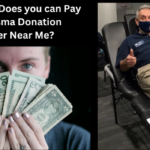






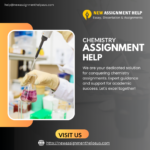



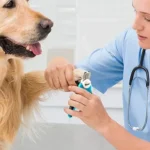

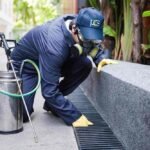







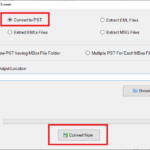




![Detailed Guide to Yamunotri: The First Dham [Complete Travel Guide] 34 Detailed Guide to Yamunotri: The First Dham [Complete Travel Guide]](https://guest-post.org/wp-content/uploads/2024/07/Char-Dham-150x150.png)



